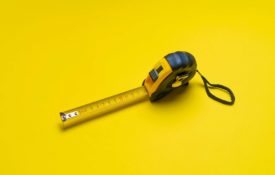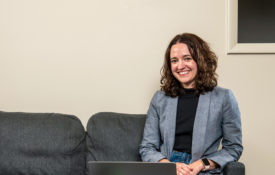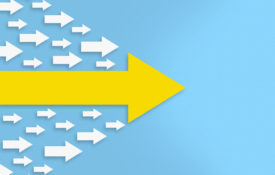-

Methods: Don’t Be Too Creative With Your Measures! Avoiding Questionable Measurement Practices
Researchers provide a guide to implement good measurement practices and strengthen the validity of psychological science research.
-

Communicating Psychological Science: Engaging the Youngest of Audiences
It’s much harder to share the science with younger children than adolescents and teenagers, whose brains can handle more detailed and complex ideas. But, although the youngest audiences may not be receptive to research, they can be reached in various other ways.
-

Student Notebook: Clinical Psychology Graduate Student Adaptation—Living and Learning
Mariana Furtado explores how unhealthy competition among students can shape their graduate-school experience and affect their mental health.
-

Careers Up Close: Amy Belfi on Music Perception and Cognition
Amy Belfi, an assistant professor at Missouri S&T, discusses her research into the impact that audio and music have on the brain—and looking forward to learning more, getting tenure, and playing the upcoming Nintendo Zelda game.
-

Psychology in the Arab Region: A Critical Perspective on Challenges and Ways Forward
Five psychologists delve into the realities of doing psychology for many students, scholars, and practitioners in the Arab region and provide recommendations for advancing psychological science in non-WEIRD countries.
-

New APS Board Members Look to Strategic Plan, Emerging Researchers to Advance the Science
Three influential psychological scientists known for their work involving behavior change, intergroup relations, and memory have joined the APS Board of Directors for 2022–2023.

